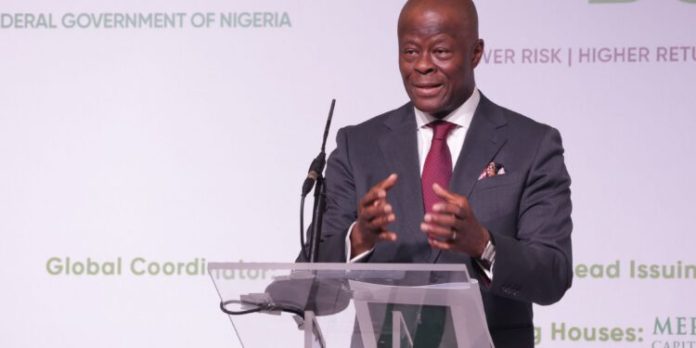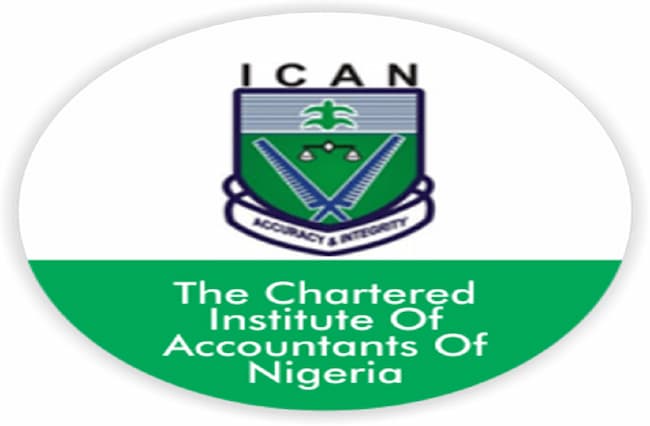On Tuesday, Mr. Wale Edun, Nigeria’s Minister of Finance and Coordinating Minister of the Economy, stated that selling crude oil in naira to local refineries has positioned Nigeria towards industrialization and economic modernization.
Following a review meeting with President Bola Tinubu at the Presidential Villa, Edun, who chairs the implementation committee for the initiative, explained to State House correspondents that the Federal Executive Council’s (FEC) endorsement of this move allows local refiners to purchase crude in naira and sell refined products to marketers in the same currency.
Edun noted that while challenges remain, this policy provides a foundation for private-sector-driven industrial growth, with stable pricing spurring investment in refining and related industries.
“With private-sector refining, we now have raw materials not only for agriculture but also for various industries, including chemicals, paints, building materials, and textiles,” he said. “This aligns with the President’s strategy to create favorable conditions for private investment, job creation, and economic growth.”
Edun further highlighted that the pricing policy for petroleum products has strengthened the Nigerian National Petroleum Company Limited’s (NNPCL) financial position, benefiting federal, state, and local governments by increasing available funding for salaries, public services, and critical infrastructure.
The meeting assessed the progress of the initiative and addressed any initial obstacles to the domestic sale of crude and refined products in naira. Afreximbank, acting as financial adviser and intermediary, will facilitate smooth transactions between crude oil buyers and sellers.
Edun also credited the Dangote Group’s significant investment in a 650,000 barrels-per-day refinery, which has been essential to the success of the policy. Key regulators and stakeholders, including the Nigerian Midstream and Downstream Petroleum Regulatory Authority (NNDPRA), Nigeria Upstream Petroleum Regulatory Commission (NUPRC), Nigerian Maritime Administration and Safety Agency (NIMASA), and Nigerian Ports Authority (NPA), as well as the Navy, have been closely involved in the initiative.
Alhaji Aliko Dangote, chairman of the Dangote Refinery and Petrochemical Company, shared that his refinery would meet Nigeria’s domestic needs for petroleum products. With production at around 420,000 barrels per day and additional capacity to scale up, the refinery is set to satisfy local demand across multiple sectors including LPG, aviation fuel, and beyond PMS.
Dangote also remarked that, once NNPC refineries are operational, Nigeria could become one of the leading exporters of petroleum products globally.
The President reiterated his commitment to supporting domestic industries, enabling local refineries to thrive and attract further investment.













